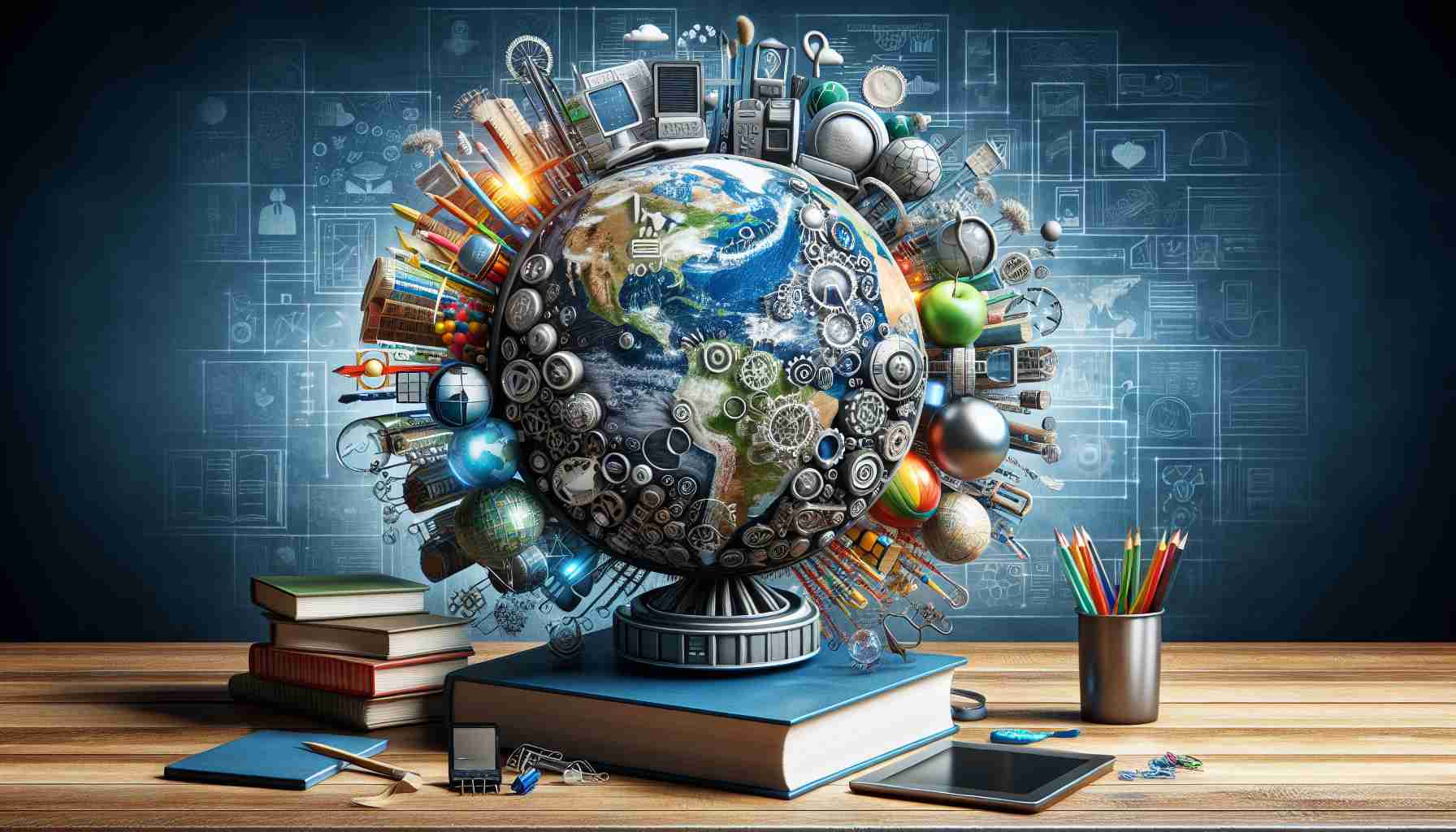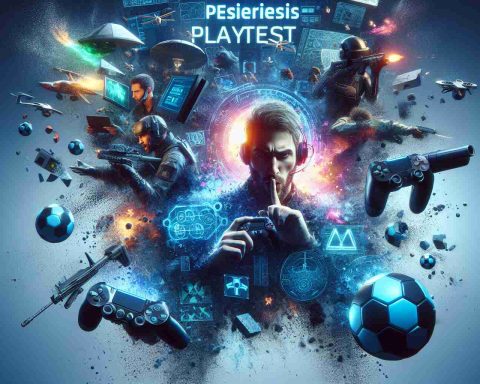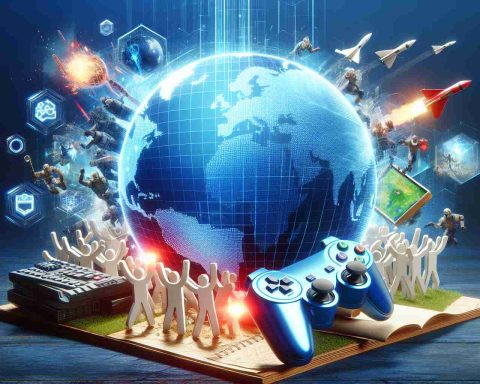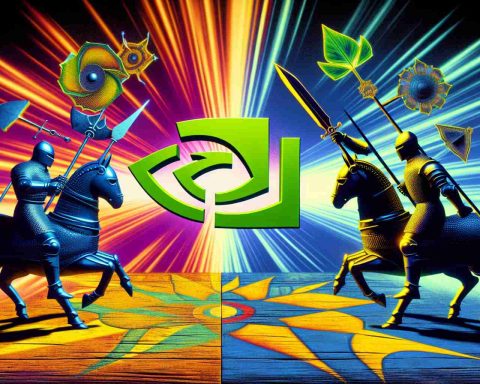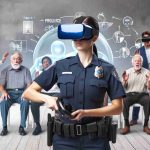The utilization of virtual reality in education presents a unique opportunity to foster equality, integration, and diversity in learning environments. This innovative technology has the capacity to revolutionize the traditional methods of teaching, offering a multitude of advantages for both educators and students on their quest for knowledge.
In the realm of higher education, particularly in historically Black colleges and universities (HBCUs), virtual reality emerges as a transformative tool in augmenting access to high-quality educational resources. By enabling students to venture into virtual campuses, engage in hands-on simulations, and connect with academic experts and learning materials from diverse geographical locations, VR paves the way for a more inclusive and extensive educational experience.
The true strength of leveraging virtual reality lies in its ability to personalize the learning journey, tailoring educational approaches to suit the unique learning styles and requirements of individual students. Through this customized approach, traditional barriers and constraints encountered in conventional teaching methodologies can be overcome, fostering a more engaging and effective learning environment for all.
In essence, the seamless integration of virtual reality technology in education not only nurtures adaptive skills and cultural awareness but also instills a deep-rooted openness to diverse perspectives. By embracing this innovative approach responsibly and creatively, educational institutions can establish a harmonious space where equality, integration, and diversity flourish as fundamental pillars of modern education.
FAQ:
1. How can virtual reality contribute to promoting equality, integration, and diversity in education?
Virtual reality provides students with the opportunity to experience different situations, cultures, and contexts, leading to a deeper understanding of intercultural differences and the development of empathy and collaboration skills.
2. In what ways can VR enhance access to high-quality education for historically Black colleges and universities (HBCUs)?
VR enables students to explore virtual campuses, participate in practical simulations, and access experts and educational resources from various locations worldwide, thereby increasing access to a wide array of educational resources.
3. What are the benefits of personalizing the teaching process using VR?
Leveraging VR allows for tailoring the teaching process to different learning styles and individual student needs, eliminating barriers and challenges present in traditional teaching methods.
4. What is the potential of virtual reality in developing adaptive skills, cultural awareness, and openness to other perspectives?
Virtual reality holds significant potential in cultivating adaptive skills, cultural awareness, and openness to diverse perspectives through the immersive experience of different situations, cultures, and contexts.
Definitions:
– Virtual Reality (VR): Technology that creates a completely artificial, computer-generated environment experienced by the user through specialized equipment such as VR goggles or helmets.
Suggested Related Links:
– educationworld.com
– education.gov.pl
The source of the article is from the blog lisboatv.pt
